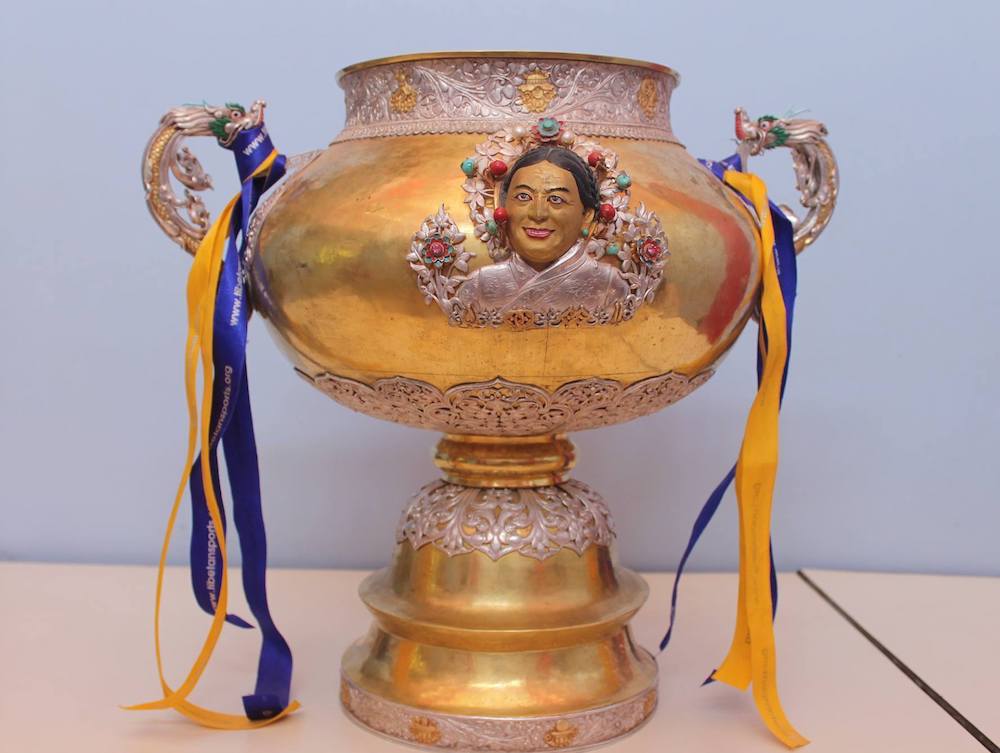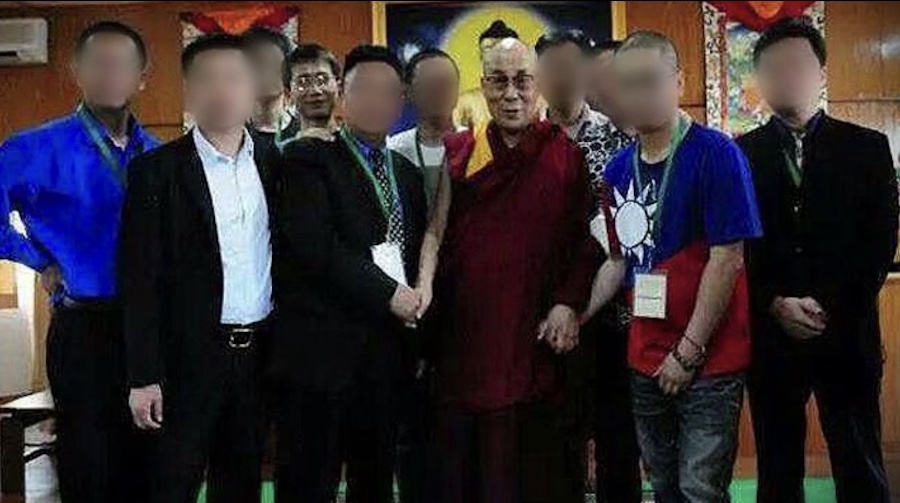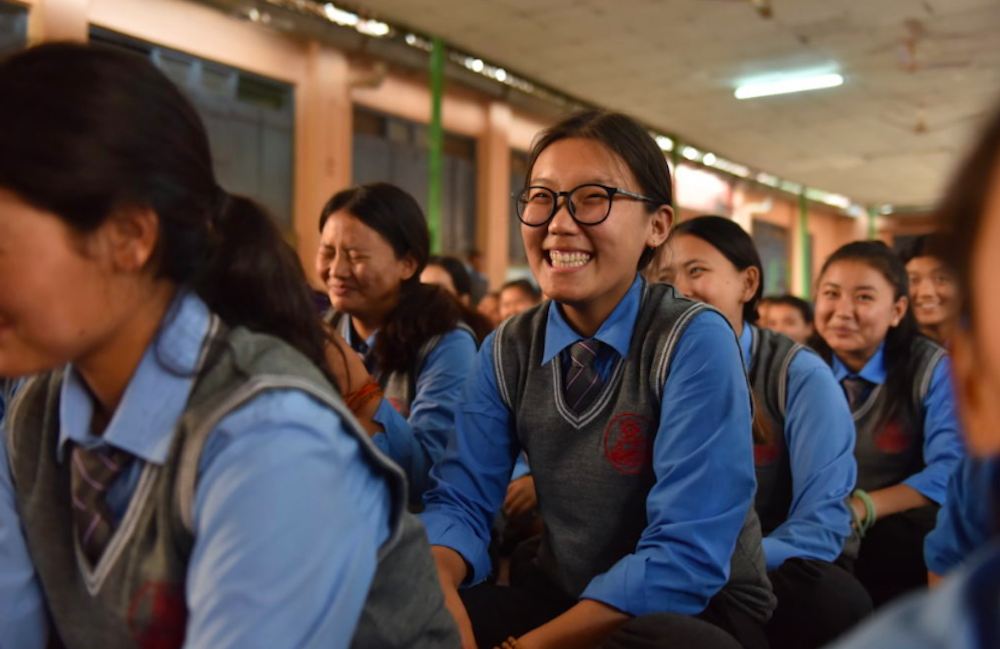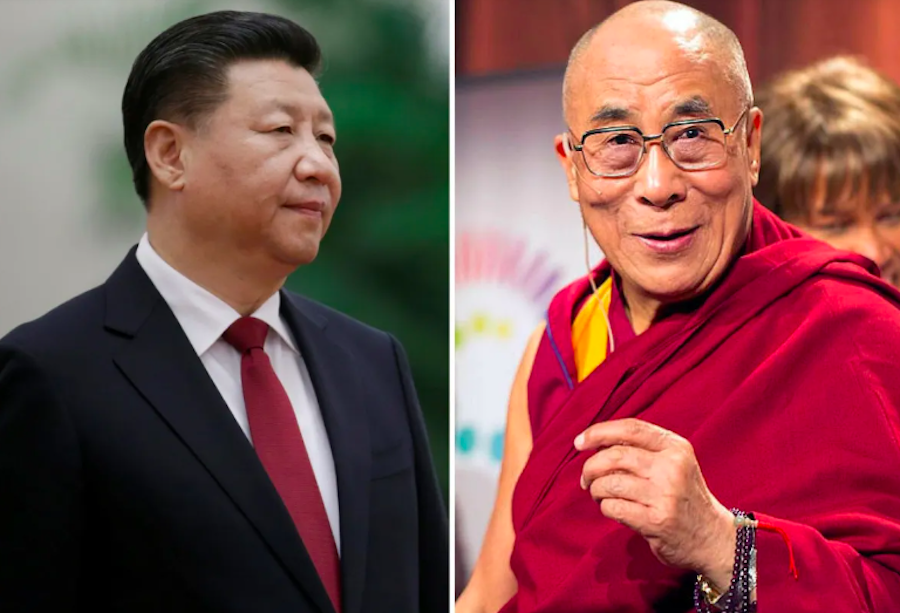By Tenpa Dhargyal Gashi
With due respect for the Athenians for initiating the early democratic structure in their society and ushering in a new way of governance, the idea of democracy has evolved considerably over time to be more inclusive and comprehensive than its early manifestations. Throughout the centuries, it had fallen, regrouped, broaden its definition of citizenship and equality, especially in terms of race and gender, and finally emerged in the forms we see today around the world. Without any doubt, it could be hailed as one of the best system of governance humanity has produced so far, bar none; not because it is not without its faults – mainly because it is necessarily cumbersome, slow-moving and equally prone to human frailties – but because it recognises the inherent foibles of humanity and provides the necessary checks and balances to counter that. In the eternal witty observation of Winston Churchill who famously said: ‘Democracy is the worst form of government – except for the rest”. That is the beauty of democracy. It does not pretend to create a utopian society where everyone plays by the rule and drink nectar by the orchard listening to harps in scantily-clad bodies. Democracy is an idea that is aware of itself and its limitations. That is one of the prime reasons why Marxism/Communism failed and will continue to fail, not because the idea itself was faulty, but because it forgot to factor in humans or thought too highly of them. It would have worked great if it was a society of robots and might even have fared pretty well in an ant colony, provided they were willing to give it go and the Queen approved.
 In our own case, we had to go through a rather accelerated democratic transition in exile, historically speaking of course, much like a lot of other nations who were formed in the 20th century, especially after the 2nd World War and the emergence of independent states who were former colonies of different empires. H.H the 14th Dalai Lama laid out a definite plan to slowly introduce Tibetan people to the ideas of democracy by placing more and more responsibility on the people to choose their own leaders over the decades, finally culminating in the full bestowal of the leadership rein in the hotly contested 2011 Kalon Tripa election. The historical legacy and the legitimate authority of the sovereign state of Tibet were effectively passed down to the current administration. By and large, it was a great success story, owing largely to the vision laid out by His Holiness and partly due to the almost reluctant acceptance of this gift by the Tibetan people themselves. All we have left to do now is to take the final step, which is the creation of political parties to make our democracy a true democracy.
In our own case, we had to go through a rather accelerated democratic transition in exile, historically speaking of course, much like a lot of other nations who were formed in the 20th century, especially after the 2nd World War and the emergence of independent states who were former colonies of different empires. H.H the 14th Dalai Lama laid out a definite plan to slowly introduce Tibetan people to the ideas of democracy by placing more and more responsibility on the people to choose their own leaders over the decades, finally culminating in the full bestowal of the leadership rein in the hotly contested 2011 Kalon Tripa election. The historical legacy and the legitimate authority of the sovereign state of Tibet were effectively passed down to the current administration. By and large, it was a great success story, owing largely to the vision laid out by His Holiness and partly due to the almost reluctant acceptance of this gift by the Tibetan people themselves. All we have left to do now is to take the final step, which is the creation of political parties to make our democracy a true democracy.
Why Parties?
Why do we need parties? Well, to keep it simple, parties are nothing more than a group of individuals who share similar interest, ideas, and aspirations for their society and who are willing to put their thoughts into action by contesting for public office. There is no democracy without parties. Don’t just take my word for it, the National Democratic Institute, a non-profit and non-partisan organisation who works to strengthen democratic institutions around the world by encouraging civic participation, openness and accountability in Government, clearly advocates this:
“Political parties are a central feature of any democracy. They are the vehicles by which citizens come together freely to campaign for public office, express their interests and needs, and define their aspirations for their society. While there are parties without democracy, there can be no democracy without political parties. Parties in many countries may be flawed, but they are also indispensable in democratic governance.
When functioning properly, political parties develop common ideas among a significant group in order to exert pressure upon the political system. Thus, they help place citizens’ local concerns in a national context. Citizens may be divided over interests, leaders, or policies; political parties can organize these differences, creating grounds for compromise and helping societies to unite. In addition, political parties train and nominate political leaders who will assume a role in governing society. Through their efforts to control and influence public policy, political parties play an intermediary role, linking the institutions of government to economic, ethnic, cultural, religious and other societal groups. They can rally support behind important legislation, advocate positions that improve the public welfare, and advance citizens’ interests. Further, their participation in elections allows citizens to hold them accountable for their policies and actions.”
I apologise for the lengthy quotation and I am usually not a big fan of quotes, especially when it is more than one paragraph, but I felt it was quite essential in this case. Political parties are a part and parcel of any democracy and it helps to make it robust and responsive to changing needs of its citizens. Another important aspect of parties is the openness and accountability it demands from the elected officials, not just from the Government but also from its own elected members, thus making sure that the core public interests of its constituents are fully represented. It is not this mysterious creature lurking around the corner with some malicious intent. It is ordinary. It is a grassroots enterprise. It is just you and me, a cup of coffee, and an idea.
Does the Tibetan Charter allow for the formation of political parties?
The Tibetan Charter is silent on political parties, much like the United States constitution. And it is because formation of political party is considered a basic right and as such, it is protected under the constitution, and does not require the Government to grant it permission. Under the Tibetan Charter, it is protected as the right to form “other association”:
Article (12): …
(g) right to form, and become a member of any religious, cultural, economic, corporate, union or other association;…
Similarly, Article 4 of the Tibetan Charter says the CTA shall follow the Universal Declaration of Human Rights. Article 20 of the UDHR protects the right to free assembly and association, which also means the freedom to join a political party. http://www.un.org/en/documents/udhr/. So, since the Tibetan polity follows and respects international law, the Tibetan administration must respect the right to form political parties.
Article 4 Principles of the Tibetan Administration
It shall be the duty of the Tibetan Administration to adhere to the principles of the Universal Declaration of Human Rights as specified by the United Nations, and to also urge and encourage all other countries of the world to respect and comply with such Declarations, and shall emphasize the promotion of the moral and material well-being of the Tibetan people, the safeguarding of their social, cultural, religious and political rights, and in particular, the ultimate achievement of their common goal.
In 2011, we made history by electing our own Kalon Tripa for the first time in our history (later changed to Sikyong); let us create another historical moment by actively participating in forming political parties and ushering in a new era of political maturity and openness. Let me end by repeating a phrase from the statement of National Democratic Institute, ‘While there are parties without democracy, there can be no democracy without political parties.”
The author is based in Canada.
[OPINION-DISCLAIMER]









